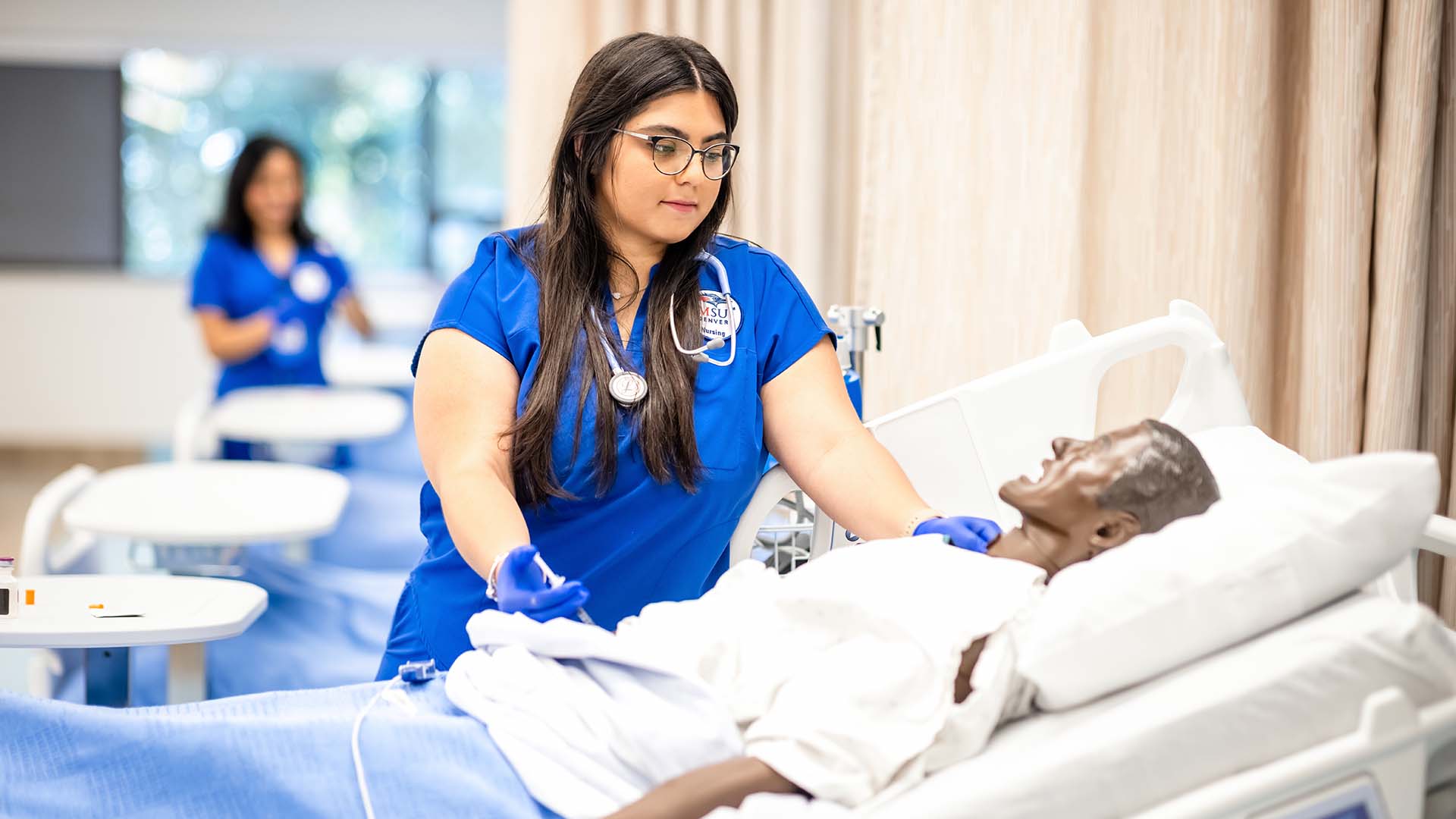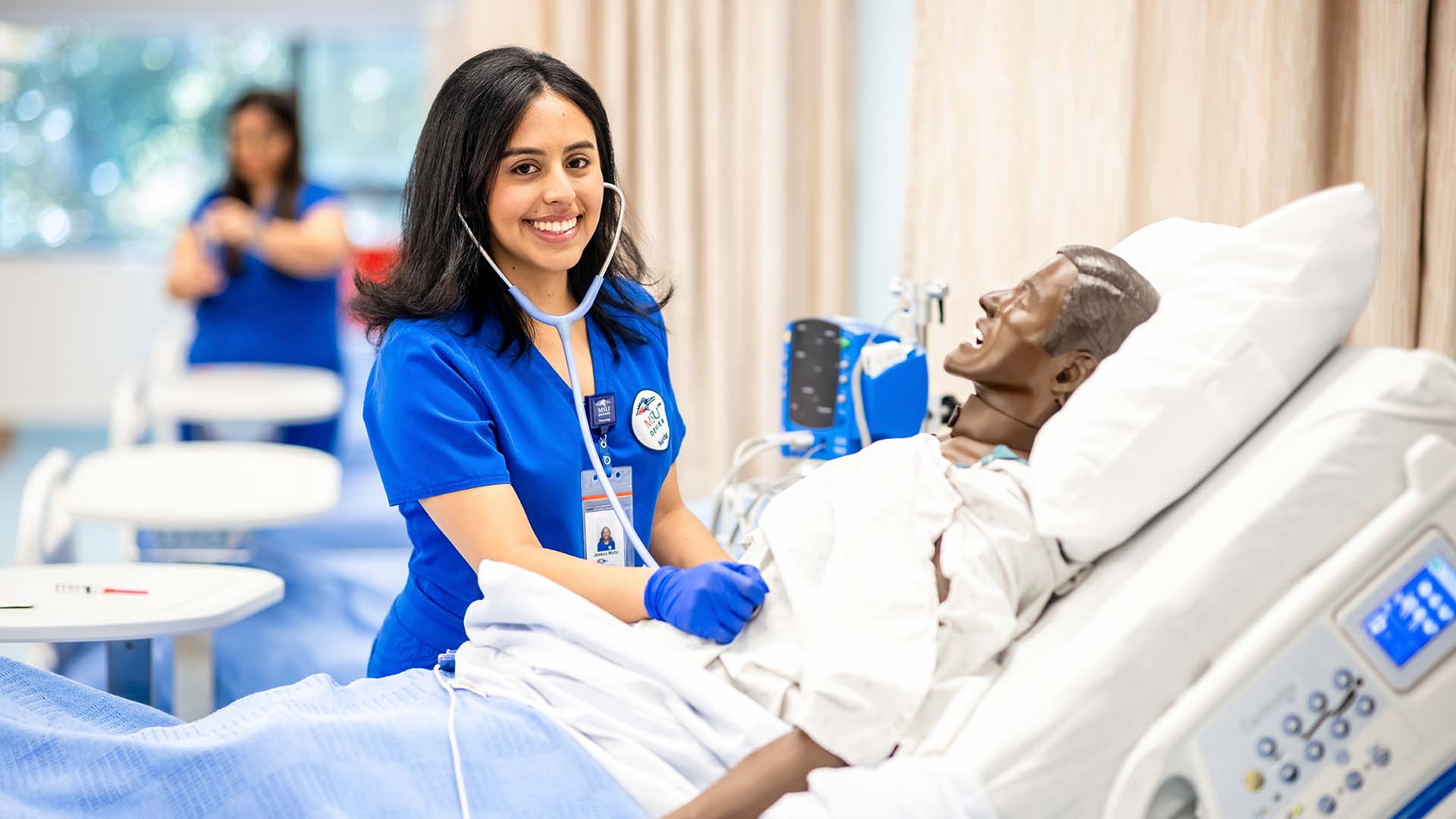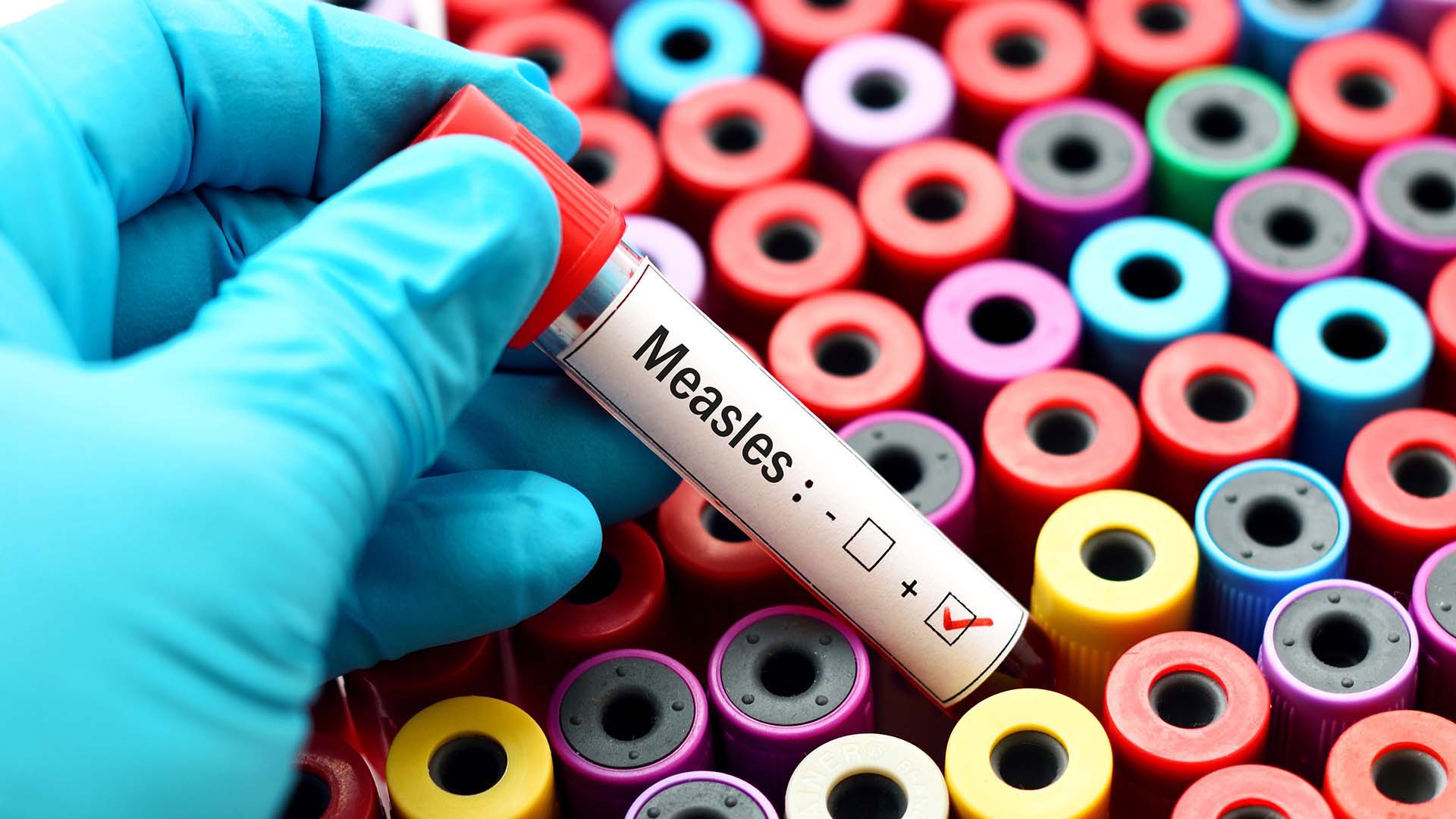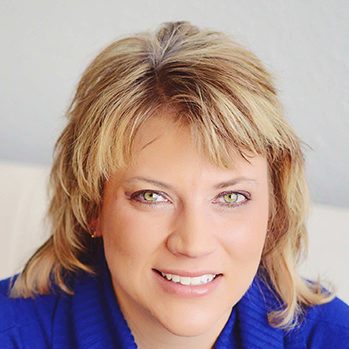As edibles biz booms, Hospitality School brings cannabis into the kitchen
A new partnership puts marijuana-industry experts in the classroom to teach cooking with CBD and show budding entrepreneurs how to get their foot in the door of a $3 billion industry.
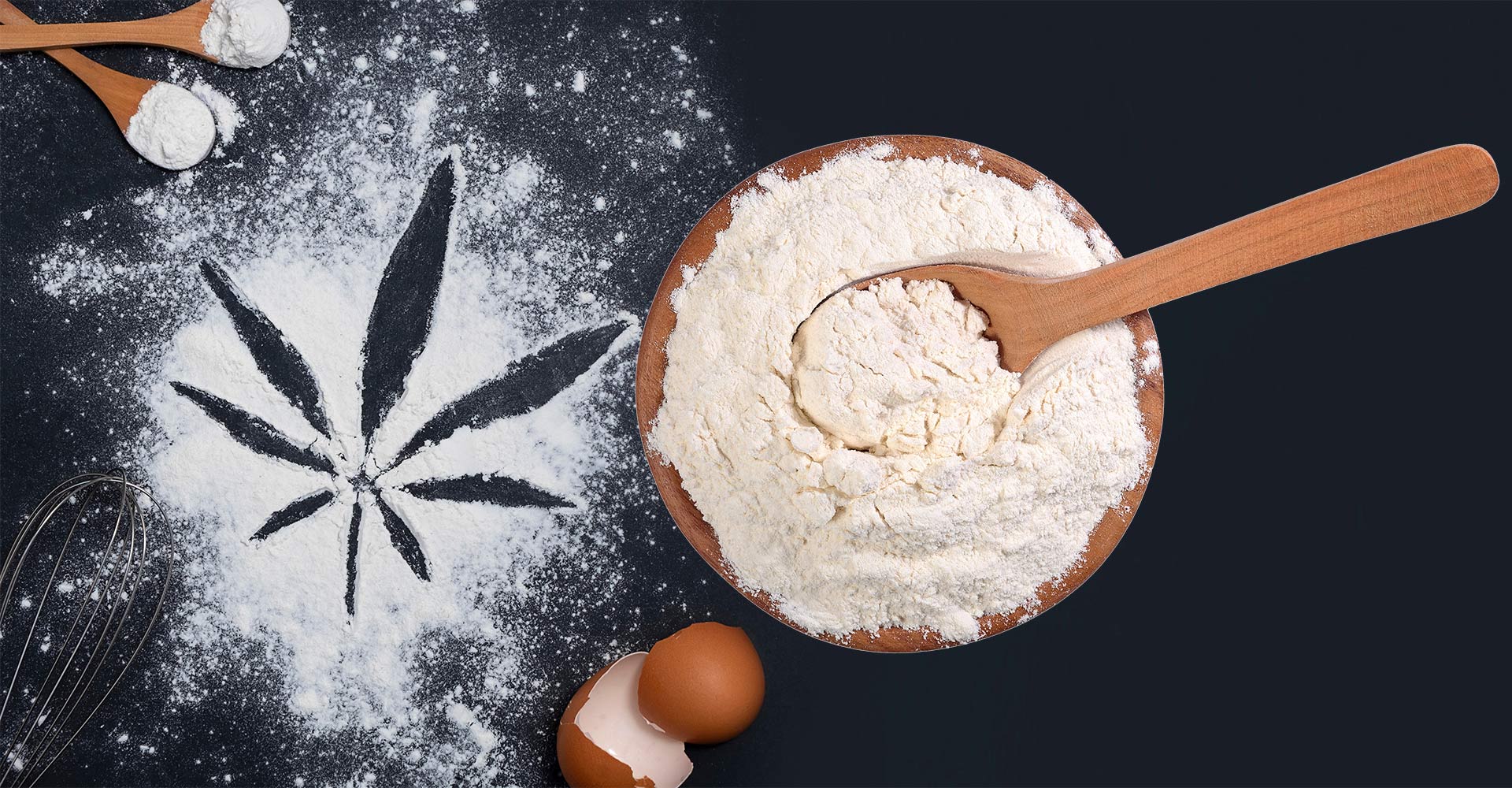
From cannabis dispensaries to makeup counters to pharmacy shelves, cannabidiol – a.k.a. CBD – is seemingly everywhere. Now, the cannabis compound will be a focus ingredient in the classrooms and kitchens of Metropolitan State University of Denver’s School of Hospitality.
The nonpsychoactive cannabis compound has long been touted for its potential to treat conditions such as anxiety, insomnia and chronic pain. It’s available as a nutraceutical, a medically beneficial food, and as a pharmaceutical.
With sales of edibles – food and beverages infused with cannabis compounds such as CBD – booming, MSU Denver’s School of Hospitality this fall is launching RST 290A: Cannabidiol Use, building on the success of spring’s HTE 190A: Cannabis 101 for Hospitality.

The School of Hospitality is partnering with experts from Denver-based edibles manufacturer Medically Correct to offer classes opening the door for graduates with the knowledge, skills and abilities to take a bite of the edibles market, which is expected to hit $3 billion in sales this year, said Dean Christian Hardigree.
“Recreational cannabis use, as well as medical cannabis use, are both intrinsically related to the hospitality industry,” she said. “Whether people travel for medical cannabis needs or experientially, it is important that hospitality professionals have an understanding of the legal and scientific aspects of cannabis usage to ensure appropriate risk mitigation, guest safety and enhanced customer satisfaction.”
In the 101 class, students will learn the legal history and contemporary landscape of the cannabis plant and its myriad compounds, said Kayla Brown, J.D., Medically Correct director of legal affairs.
When Colorado voters passed Amendment 64 in November 2012, they enshrined cannabis legalization in the state Constitution. Marijuana, however, remains federally illegal and a Schedule I controlled substance. Hemp, from which much of the CBD on the consumer market is derived, was removed from the Controlled Substances Act via a provision in the 2018 U.S. Farm Bill. It defines industrial hemp as a variety of cannabis with less than 0.3% of tetrahydrocannabinol (THC).
“The term ‘cannabis’ is meant to encompass all parts of the plant and not just marijuana,” Brown said. “When we talk about CBD products, we’re talking about oil directly derived from the hemp plant.”
The Cannabidiol Use course will focus on kitchen safety, plant anatomy and use of CBD within food and beverages, said Megan Brown, Medically Correct director of planning and operations and course instructor.
“We want students to understand the basics of how to cook with these compounds – it’s not just throwing weed into butter and making brownies,” she said.
These techniques underscore the need for attention to detail at all levels of a cannabis-related enterprise. Colorado’s emergence as an marijuana legalization trailblazer required the creation of a comprehensive regulatory infrastructure for tracking THC-containing items. From a single tag, a consumer product on dispensary shelves such as a cannabis-infused gummy can be traced back to the harvest from which the oil was extracted.

CBD, by contrast, has a much lower regulatory bar. In June 2018, the U.S. Food and Drug Administration approved Epidiolex, pharmaceutical-grade CBD, to treat certain forms of epilepsy; it’s the first FDA-approved drug derived from cannabis. As a nutraceutical, hemp-derived CBD exists in a regulatory “gray area,” leading to a wider saturation of products infused with the compound, Kayla Brown said.
A partnership with MSU Denver’s School of Hospitality was a natural fit, said Joe Sandro, general manager for Medically Correct.
“The hospitality and cannabis industries are almost identical,” he said. “It’s all about being consumer-driven.”
Megan Brown, who holds a culinary degree, echoed this sentiment, noting how the production kitchens at Medically Correct are essentially identical to those found in commercial locations and restaurants. She’s excited to get cooking this fall.
“Students will learn how to cook with cannabis,” she said. “But more than that, they’ll learn how to operate within this highly regulated space and explore how to pursue a career in the industry.”


